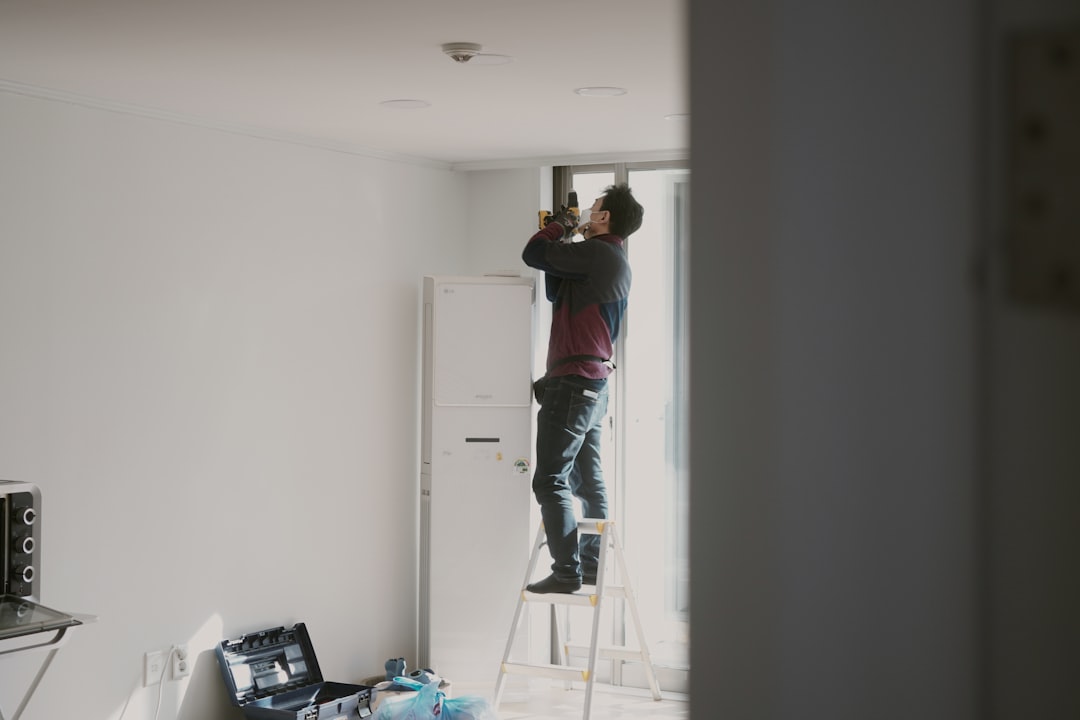Osteoporosis is a common disease that weakens bones, making them more likely to break. It’s estimated that over 200 million people worldwide suffer from osteoporosis, and the number is expected to rise in the coming years. In Switzerland, Osteopathie Enge is a well-known clinic that specializes in bone health and offers bone density screenings to help diagnose and manage osteoporosis.
Many people are not aware of the importance of getting regular bone density screenings. Osteoporosis is often called a “silent disease” because there are usually no symptoms until a fracture occurs. By the time a fracture happens, the disease is already quite advanced, making it crucial to detect osteoporosis early through screenings.
Bone density screenings, also known as bone mineral density tests, measure the strength of your bones and determine your risk of osteoporosis. The test is painless and non-invasive, involving a low-dose X-ray to measure the amount of minerals (such as calcium) in a certain area of bone. The results are compared to the average bone density of a healthy young adult of the same sex and race to determine your T-score, which shows how your bone density compares to that of a healthy young adult.
Getting regular bone density screenings is important for several reasons. Firstly, it can help identify osteoporosis early and allow for timely treatment to prevent fractures. With early intervention, the progression of the disease can be slowed down, reducing the risk of debilitating fractures in the future. Secondly, bone density screenings can help monitor the effectiveness of osteoporosis treatments and adjust medications or lifestyle changes accordingly.
For women, bone density screenings are especially important as they are at a higher risk of developing osteoporosis, particularly after menopause. However, men should also consider getting screened, especially if they have risk factors such as a family history of osteoporosis, low body weight, smoking, or excessive alcohol consumption.
Osteopathie Enge emphasizes the importance of bone health and offers comprehensive bone density screenings to help patients assess their risk of osteoporosis. The clinic’s team of specialists can provide personalized advice on lifestyle changes, nutrition, and exercises to improve bone strength and reduce the risk of fractures.
In conclusion, regular bone density screenings are essential for early detection and management of osteoporosis. By taking proactive steps to monitor bone health, individuals can reduce their risk of fractures and maintain a high quality of life. Consider scheduling a bone density screening at Osteopathie Enge to take control of your bone health and prevent osteoporosis-related complications.









